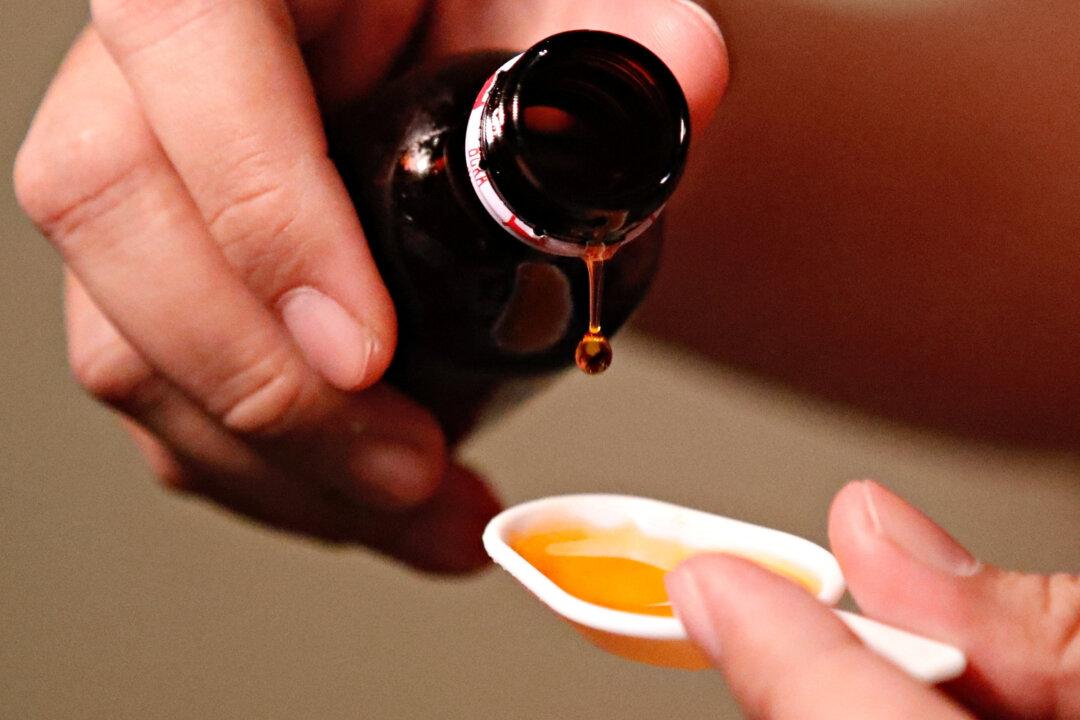Indonesia’s food and drug agency, known as BPOM, has revoked manufacturing licenses for syrup-type medicine production by two local firms for failing to meet its standards on safety, efficiency, and quality.
PT Yarindo Farmatama (PT Yarindo) and PT Universal Pharmaceutical Industries (PT Universal) have had their “oral liquid” manufacturing licenses revoked, officials BPOM said, adding that the agency is now investigating the companies over possible criminal offenses.




